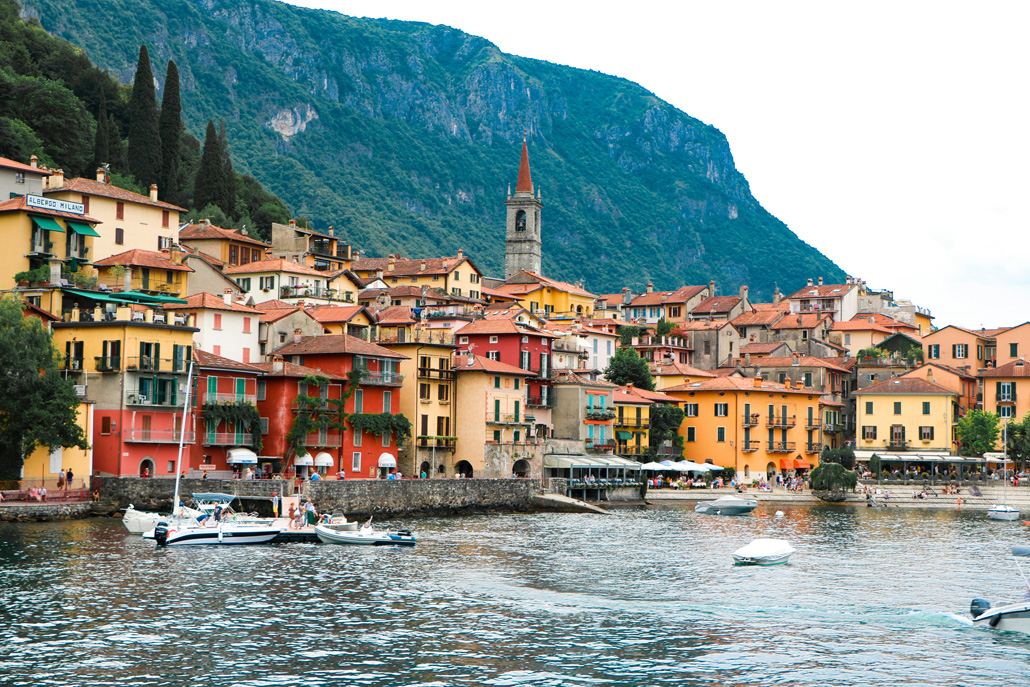Products: Found {{ searchResultsCount }} - Show all
Check if you entered what you are looking for correctly.
Categories: Found {{ categorySearchResults.length }}

Painted in bright colours, the small houses of the Italian coast had an important function in addition to their undoubtedly decorative qualities. Visible even in the dim light of morning or in the fog, they provided a signpost for fishermen returning home from their morning catch.
However, the colourful buildings did not just serve fishermen ...

Wallet 384131

Wallet 537131

Wallet 593131

Wallet 545131

Wallet 1242131
Window tax
The region of Italian Liguria is famous for the paintings on the town houses, and it all started in the 15th century in Genoa.
The new Renaissance fashion resulted in the construction of many palaces and townhouses, extremely richly decorated with sculptures, stucco and a multitude of windows with decorative shutters. Less wealthy property owners also wanted to be trendy. However, not having the sizeable budgets of the aristocratic families, they had to do things differently. This is how the new, lucrative profession of facade painter was born. These painters sometimes rose to artistic heights by painting decorations, cornices and sculptures on bare walls, almost three-dimensional and giving the impression of real ornamentation. To save even more, the owners of the townhouses dispensed with a large number of windows at the front, placing most of them in the courtyard. This is because the former were heavily taxed. This is where painters came to the rescue by painting... windows - closed, ajar, sometimes with a figure "looking out" onto the street through them.
All of this is still extremely, nomen omen, picturesque and is (along with many other colourful Italian towns) on the UNESCO World Heritage List.









